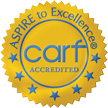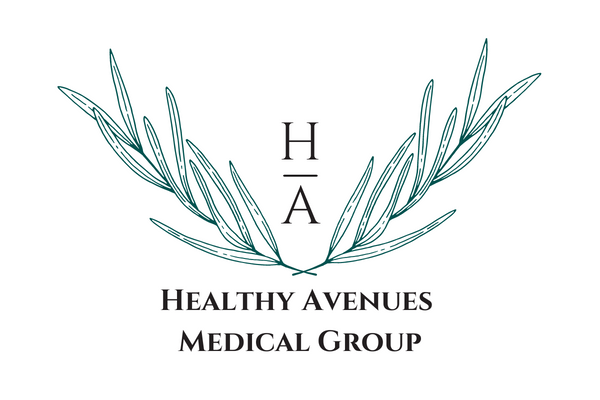Substance use disorders (SUD) do not discriminate and can affect any race, age, gender, or social status.
SUD IOP PROGRAMS
- ACCEPTING NEW CLIENTS -
Adolescent SUD IOP
(13-17 yrs)
This Program runs 2 nights a week, for 3 hours each night
Adolescent Age Program offers a minimum of 6 hours of intensive group therapy per week. Most people will spend about three or four months in an IOP but there is no set length of time, each person is unique and progresses differently.
Transitional Age Youth SUD IOP
(18-25 yrs)
This Program runs 3 nights a week, for 3 hours each night
Transitional Age Youth Program offers a minimum of 9 hours of intensive group therapy per week and a maximum of 12 hours per week. IOP meets at a minimum of 3 days per week and each group is typically 3 hours.
Adult SUD IOP
(26 years +)
This Program runs 3 nights a week, for 3 hours each night
Adult Program offers a minimum of 9 hours of intensive group therapy per week and a maximum of 12 hours per week. IOP meets at a minimum of 3 days per week and each group is typically 3 hours.
The negative stigma and shame of addiction takes hundreds of lives, every day. Substance use disorders are commonly associated with discrimination and social disapproval—more so than any other medical condition.
The National Institute on Drugs and Addiction (NIDA) is the lead federal agency supporting scientific research on drug use and its consequences and lists the below statistics:
At HAMG our goal is to break the negative stigma surrounding mental health and substance use.
Each person’s story and journey is unique and different. This is why HAMG’s mission is to treat every patient with compassion and respect while providing services and working with clients throughout their journey. HAMG focuses on individual needs and goals to help plant seeds today for a better future tomorrow.
SUD IOP FAQ’s
WHAT IS (SUD IOP) Substance Use Disorder Intensive Outpatient?
SUD IOP is a form of treatment that helps individuals struggling with substance use and can be used as an alternative to inpatient stays and therapy. SUD IOP allows individuals to receive outpatient treatment while continuing their day-to-day responsibilities. SUD IOP is ideal for those in need of treatment that are unable to stop working, are attending college, and/or have family commitments. Individuals should be actively ready to start and participate in their treatment program.
WHAT TO EXPECT IN SUD IOP
HAMG utilizes evidenced based curricula for SUD IOP that focus on early recovery skills, relapse prevention, internal and external triggers, stress management, thoughts, emotions and behaviors, recovery support systems, recovery goals and sobriety maintenance.
Will I receive medication during SUD IOP?
We have medical providers available if you wish to speak with them about medication options. We do not keep any medications on site, but we do offer prescriptions if appropriate.
Is SUD IOP covered by insurance?
We accept most insurance plans for HAMG SUD IOP. To determine if SUD IOP is covered by your insurance, call us at 504-377-6628 and we will check your insurance policy for you.
Is SUD IOP Right for me, a family member or friend?
SUD IOP may be beneficial to your recovery if:
- Inpatient treatments aren’t working for you
- You are transitioning out of a residential treatment program
- Your work, school, or family responsibilities make it difficult for you to step away from your day to day activities for an extended period of time
What happens after SUD IOP?
After completing our SUD IOP treatment program, clients can expect a continuation of care and care plan, such as individual counseling and treatment on an outpatient basis as needed, follow-up visits, support group meetings, family therapy sessions, and/or referrals to other resources to help promote and encourage a positive support system along your treatment journey.
References
1. 2019 National Survey on Drug Use and Health
2. 2020 The Centers for Disease Control and Prevention WONDER database

